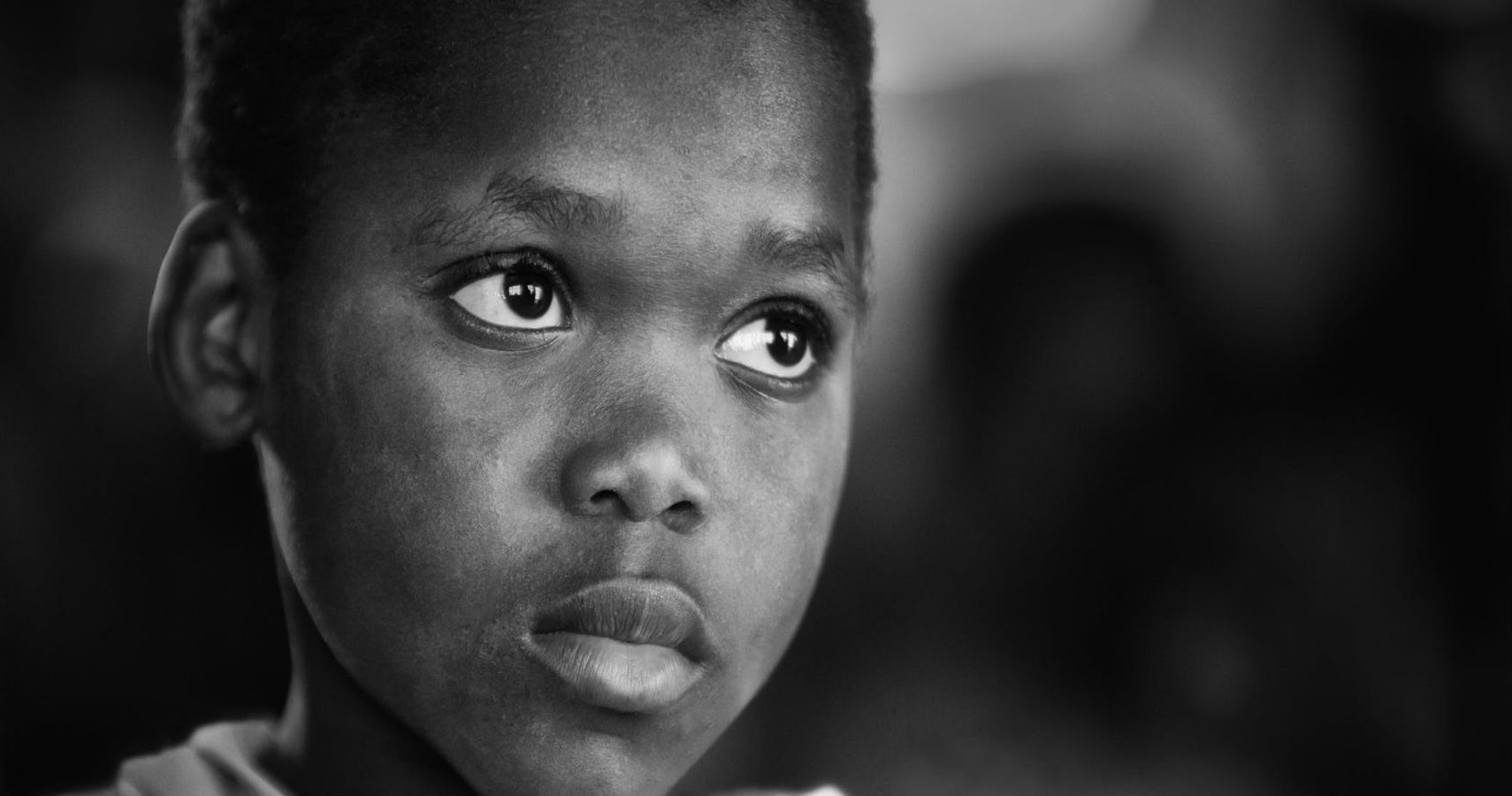According to the American Academy of Pediatrics, racism impacts children and adolescent's health and well-being as any other environmental, social, cultural, or physiological issue that may have an adverse effect on their overall physical and emotional health. Despite some gains in racial equality, the structural and systemic nature of racism, both overt and covert, serve to maintain inequality, which plays out in relationships that children have with other children or adults in their lives in leadership roles.
Merriam-Webster's dictionary defines racism as a belief that race is the primary determinate of human traits and capabilities and that racial differences produce an inherent superiority of a particular race.
The Black Lives Matter movement has reached a critical mass in the quest to achieve racial equality and social justice. Controversial views expressed on social media regarding race that young people are exposed to reinforce the message that African Americans have a troubled relationship with this country simply because of the color of their skin. It is a tremendous burden for children to carry.
Today's youth are increasingly diverse. It's paramount that children see people who look like them in positions of authority in the world outside of their communities who are well-respected in their professions. To achieve confidence and reach their highest potential, which is the overall determining factor in emotional, physical, and mental health, children must not only feel valued, but be valued.
Poverty is linked to health issues such as birth disparities, mental health. Environmental racism also plays a role, as poor communities of color become dumping grounds for toxic waste, poisons, and pollutants are released into the community. Lack of resources and the political clout required to end these injustices, create health issues.
Government programs designed to ameliorate disparities in education and housing, and the expansion of children's health insurance have improved outcomes by granting access to services such as well-visits, doctors, and dental visits. Yet, relative to white children, African American, Hispanic, and American Indians experience high rates of poverty and limited access to services and resources that provide opportunities for social mobility and economic advancement.
Discrimination affects youth health in other ways as well, such as the disproportionate number of minority youths incarcerated and food insecurity, which leads to high infant mortality rates, diabetes, heart disease, and a host of other medical issues.
Access to quality education and vocational achievement has been a leading factor in health disparities between affluent white children and impoverished children of color. Educational achievement is an important predictor of long-term health and economic outcomes for children. Since children spend the majority of their time in school it only makes sense that they are provided with the skills and opportunities to achieve high levels of success.
While the landmark US Supreme Court case Brown v Board of Education outlawed segregation and paved the way for access to quality public education, public schools in poor communities of color across the country continue to receive less funding, lack of resources, special education services and access to experienced teachers or challenging coursework. Also, these schools tend to dole out harsher punishments for behavioral infractions.
Nia J. Heard-Garris, a pediatrician at Northwestern University claims we are living in a "new age of racism." Recently she has studied how parents who experience vicarious racism can impact their children's health. Some impacts such as the increased likelihood of substance abuse or obesity were measurable, others such as a child's perception of the world as unsafe and unfair-leading to feelings of helplessness and despair-were not.
Among several suggestions to improve the quality of health for children experiencing racism, The American Academy of Pediatrics suggests health care providers first confront their own racial biases. They should create a culturally safe medical home by establishing patient and family-centered communication strategies, assessing patients for stressors such as race-based cyber-bullying or bullying, and mental health conditions, including signs of post-traumatic stress, anxiety, grief, and depressive symptoms.
Racism, if left unchecked will destroy the future of this country by impacting the health of the young people -many of whom risk their lives marching for justice today-we depend on to lead us towards a truly post-racial America.
UP NEXT: Anti-Racism Resources For Parents To Use To Talk To Their Children

